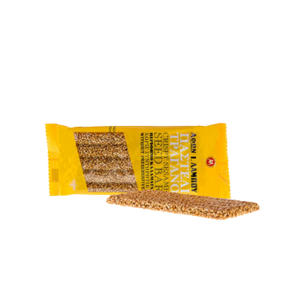Η Αχίλλεια είναι σήμερα αναγνωρισμένο θεραπευτικό φυτό. Περιέχει βασικές ουσίες που βοηθούν την παραγωγή χολής και έχουν αντιβακτηριδιακή και μυοχαλαρωτική δράση. Ακόμα οι ουσίες που περιέχει βοηθάνε στην προστασία της επιδερμίδας και των βλεννογόνων. Φαρμακευτικά είναι αναγνωρισμένη και συστήνεται για την:
-Ανορεξία
-Δυσπεψία και στομαχικές διαταραχές
-Επίπονες κράμπες στην περιοχή της κοιλιάς και στη λεκάνη της γυναίκας. Γυναικολογικά προβλήματα και πόνους (π.χ. περιόδου)
-Δερματικές παθήσεις, ερεθισμούς, πληγές
Περαιτέρω χρησιμοποιείται η Αχίλλεια παραδοσιακά σε χρόνιες ηπατικές φλεγμονές, φλεγμονές του γαστρεντερικού συστήματος και των βλεννογόνων, στην επούλωση πληγών και σε φλεγμονές των γεννητικών οργάνων.
πηγη: http://hashimoto.gr/i-therapeftikes-idiotites-tis-achilleas/
Achillea millefolium, or yarrow, originates from Europe and has adapted to the regions of North America as well as other moderate regions. The word “Achillea” refers to Achilles, an ancient hero. He said that he used yarrow for himself and for his soldiers.
This herb plant was first used by ancient Greeks over 3,000 years ago for treating external wounds on the skin. The flowers and leaves of yarrow were eaten and also made into a tea-like drink. The fresh leaves were used to stop bleeding wounds, treat gastrointestinal problems, fight fevers, lessen menstrual bleeding and better circulation. The fresh leaves were also chewed on to relieve tooth aches. Scientists have credited yarrow for its benefits relating to almost every organ in the body.
Native Americans used yarrow for wounds, infections and bleeding. Chinese medicine gives it praise for the ability to affect the kidney, spleen, liver and energy channels throughout the body. Animal studies have also shown support for the use of yarrow in cleansing wounds and controlling the bleeding of wounds, cuts and abrasions. Many times yarrow is categorized as a uterine tonic, which supports the circulation in the uterine. Many studies show that it helps the uterine by improving the tone, increasing menstrual flow and reducing spasms in the uterine.
Other benefits of yarrow
Fights bacteria. Yarrow has an antiseptic action. The bitter parts and fatty acids encourage bile flow out of the gallbladder, known as the cholagogue effect. The free-flowing action improves digestion and prevents and gallstones from forming. Decongestant. Yarrow contains a drying effect and seems to improve coughs and sinus infections with sputum formation. Astringent. Very helpful with allergies where nasal secretions and watery eyes are caused by molds, dust, pollen and dander. Yarrow is also known to cause sweating in cases of flu, fevers and colds, helping to cure simple infections. Infusion. Yarrow is used to aid in healing skin conditions, such as eczema. The essential oils are used and rubbed onto the affected area. Anti-inflammatory. The oil found in the yarrow has been used to treat arthritis. Expectorant. Helps to cure colds. Promotes digestion. Helps in the secretion of enzymes and digestive juice and increases appetite; both help in digestion.
source: https://www.herbwisdom.com/herb-yarrow.html





